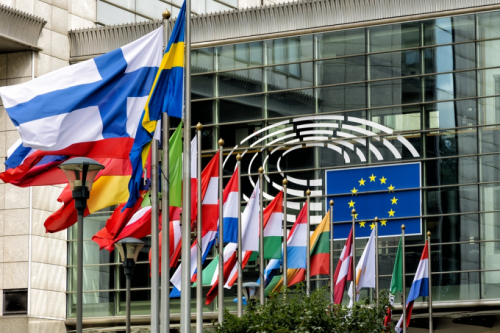Slovakia and 11 other EU countries have not submitted reports to the European Commission on progress towards climate and renewable energy targets.
Only Finland and the Netherlands met the March 15 deadline, and as of Tuesday, March 28, 15 countries had submitted their National Climate and Energy Plan (NECP) implementation reports, EURACTIV reports.
A progress report shows how well a member state is meeting its climate and renewable energy targets, it said, and must be sent to the European Commission every two years.
The Ministry of Economy of Slovakia explained that the country missed the deadline due to the complexity of biennial reporting. As well as technical problems when entering data into the new information systems of the Directorates of Energy and Environment of the European Commission (DG ENER and DG ENVI).
"The missing data will be supplemented as soon as possible. We informed the European Commission in advance about the expected partial delay," the press service of the ministry emphasized, adding that the report will be published after the completion and verification of all data and the report itself.
It is noted that other EU countries have also delayed sending the report. In addition to the NECP, member states must submit an update of their national energy and climate plans by June 2023.
The article said that Slovakia's plan, which was first submitted in 2019, must be adapted to the EU's new climate goal. Namely, reducing emissions by at least 55% by 2030. Another update relates to the REPowerEU strategy adopted in 2022 to reduce the bloc's dependence on fossil fuels from Russia.
It is noted that in December 2022, the European Commission published guidelines on what conditions member states must meet in the new plans. They should use the so-called European Semester, an annual assessment given to countries by the EC, as a basis for writing new energy plans.
The article highlighted that the European Commission has warned Slovakia that it is not using renewable energy sources enough to help reduce dependence on fossil fuel imports from Russia and reduce the risk of energy poverty.
Earlier, EcoPolitic wrote, that the Council of the EU, the European Parliament and the European Commission adopted the Joint Declaration on the legislative priorities of the EU for 2023 and 2024, including initiatives related to the European "green" course for the near future.
As EcoPolitic previously reported, the European Union has completed a reform that includes energy independence goals in the recovery fund after the coronavirus pandemic in the amount of €800 billion.





